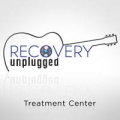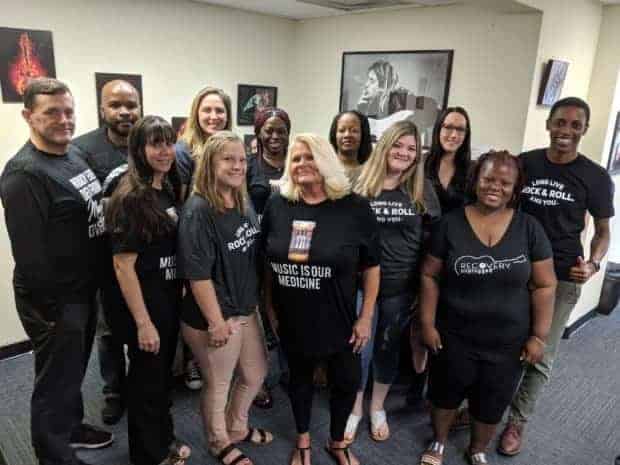


He would come to believe LSD might offer other alcoholics the spiritual experience they needed to kickstart their sobriety - but before that, he had to do it himself. Later, LSD would ultimately give Wilson something his first drug-induced spiritual experience never did: relief from depression. It was also the genesis of Alcoholics Anonymous. This “ spiritual experience” would become the foundation of his sobriety and his belief that a spiritual experience is essential to getting sober. Also known as “deadly nightshade,” belladonna is an extremely toxic hallucinogenic.Īfter taking it, Wilson had a vision of a “chain of drunks” all around the world, helping each other recover. After his third admission, he got “ the belladonna cure,” a treatment made from a compound extracted from the berries of the Atropa belladonna bush. Getty/Jay Paullīetween 19, Wilson was hospitalized for his alcoholism four times. Like many alcoholics, Bill Wilson was given the hallucinogen belladonna in an attempt to “cure” his alcoholism. No one illustrates why better than Wilson himself. The choice between sobriety and the use of psychedelics as a treatment for mood disorders is false and harmful. While antidepressants are now considered acceptable medicine, any substance with a more immediate mind-altering effect is typically not. In A.A., “mind-altering drugs” are often viewed as inherently addictive - especially for people already addicted to alcohol or other drugs. “Except for the most interesting part of the story.” I knew all about Bill Wilson, I knew the whole story,” he says. Ross tells Inverse he was shocked to learn about Wilson’s history. Early in his career, he was fascinated by studies of LSD as a treatment for alcoholism done in the mid-twentieth century. Stephen Ross, a psychiatrist specializing in addiction at Bellevue Hospital and New York University, is part of a cohort of researchers examining the therapeutic uses of psychedelics, including psilocybin and LSD. Wilson’s personal experience foreshadowed compelling research today. Instead, psychedelics may be a means to achieve and maintain recovery from addiction. More than 40 years ago, Wilson learned what many in the scientific community are only beginning to understand: Mind-altering drugs are not always antithetical to sobriety. And while seeking “outside help” is more widely accepted since Wilson’s day, when help comes in the form of a mind-altering substance - especially a psychedelic drug - it’s a bridge too far for many in the Program to accept. My life improved immeasurably.īut sobriety was not enough to fix my depression.

Like the millions of others who followed in Wilson’s footsteps, much of my early sobriety was supported by 12-step meetings. I know because I spent over a decade going to 12-step meetings. More broadly, the scandal reflects a tension in A.A., which touts abstinence above all else and the use of “mind-altering drugs” as antithetical to recovery. It also may be why so few people know about Wilson’s relationship with LSD. The backlash eventually led to Wilson reluctantly agreeing to stop using the drug. Yet Wilson’s sincere belief that people in an abstinence-only addiction recovery program could benefit from using a psychedelic drug was a contradiction that A.A.

“I find myself with a heightened color perception and an appreciation of beauty almost destroyed by my years of depression… The sensation that the partition between ‘here’ and ‘there’ has become very thin is constantly with me.” “I am certain that the LSD experience has helped me very much,” Wilson writes in a 1957 letter. We know this from Wilson, whose intractable depression was alleviated after taking LSD his beliefs in the power of the drug are documented in his many writings. leadership, and disappoint hundreds of thousands who had credited him with saving their lives.Īll this because, after that August day, Wilson believed other recovering alcoholics could benefit from taking LSD as a way to facilitate the “spiritual experience” he believed was necessary to successful recovery. His experience would fundamentally transform his outlook on recovery, horrify A.A. The man is Bill Wilson and he’s the co-founder of Alcoholics Anonymous, the largest abstinence-only addiction recovery program in the world.īy the time the man millions affectionately call “Bill W.” dropped acid, he’d been sober for more than two decades. A philosopher, a psychiatrist, and his research assistant watch as the most famous recovering alcoholic puts a dose of LSD in his mouth and swallows.


 0 kommentar(er)
0 kommentar(er)
